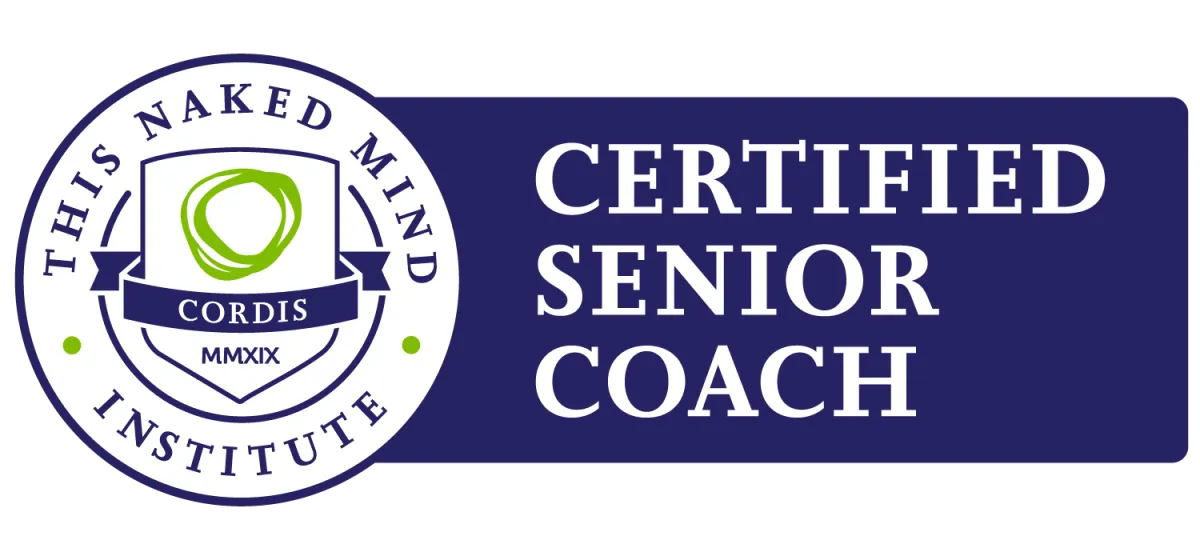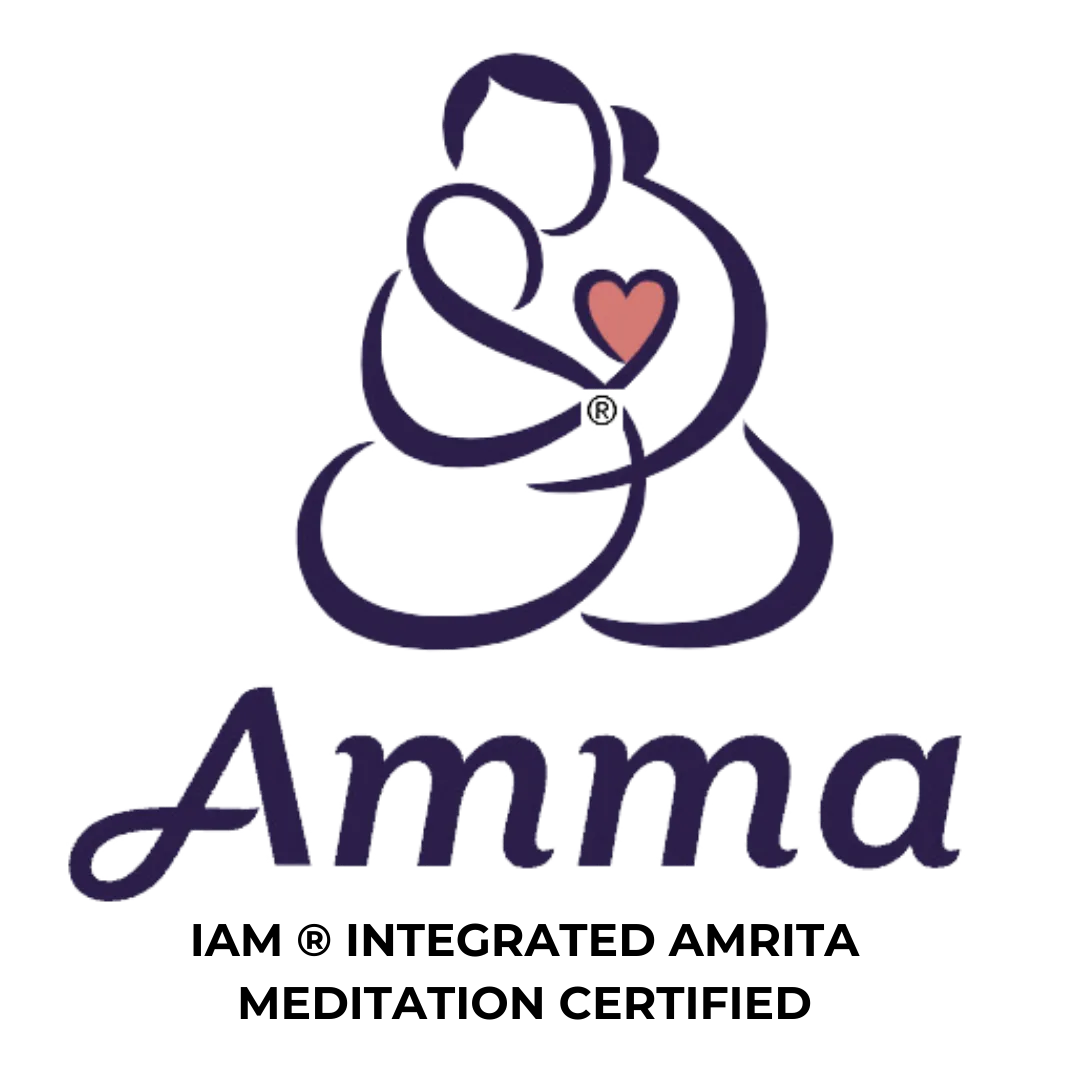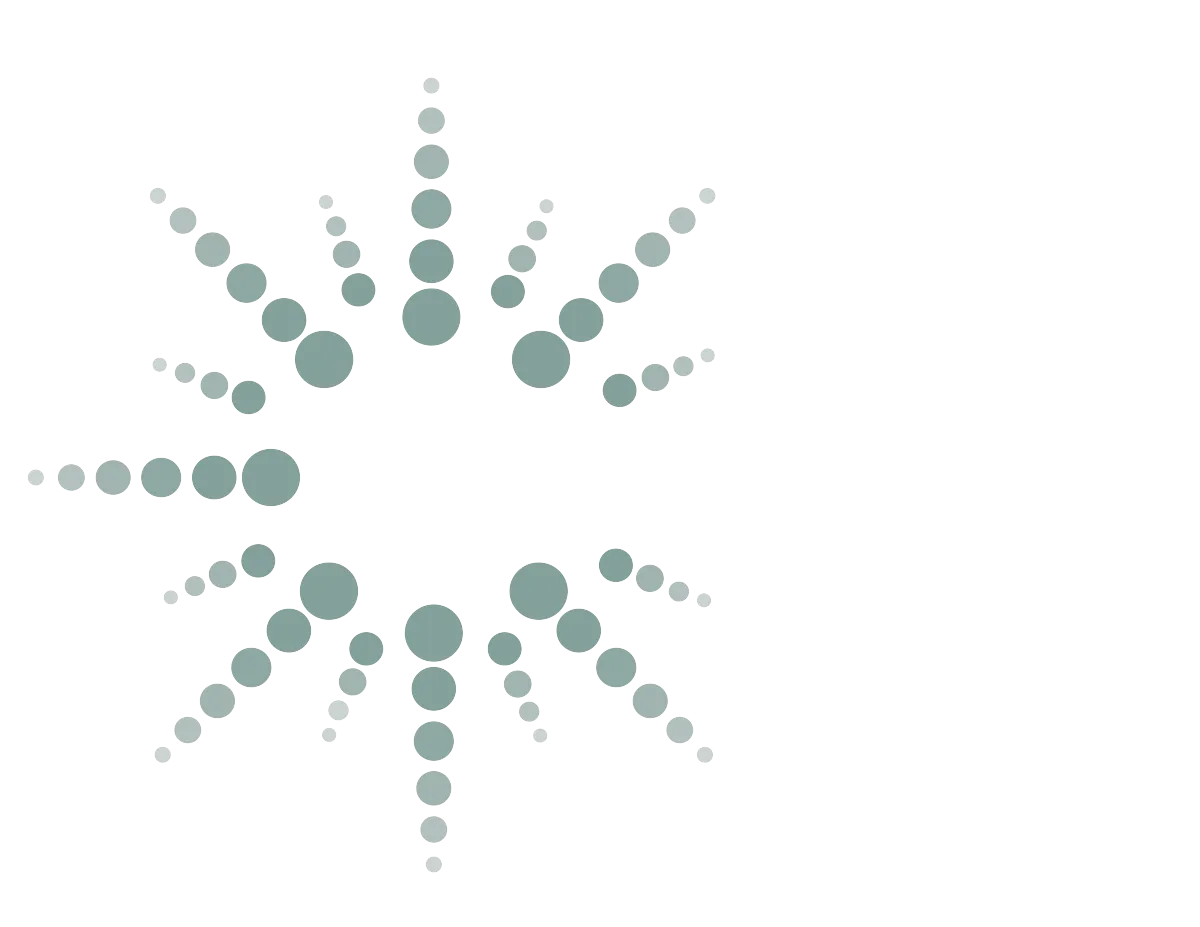
Caught in the Grip: Why We Don’t See the Damage Alcohol Is Doing Until It’s Too Late
Caught in the Grip: Why We Don’t See the Damage Alcohol Is Doing Until It’s Too Late
We don’t always recognize when alcohol is hurting us.
Sometimes it’s obvious—a lost job, a wrecked relationship, a medical scare. But more often, it’s subtle. Sleepless nights. Short tempers. Low-grade anxiety. A quiet sense of disconnect that builds over time.
And yet, we stay stuck.
I call this state “the grip”—when alcohol has woven itself into your routine, your identity, your sense of self-soothing, and you don’t even realize the cost.
The question is: why don’t we see it sooner?
This blog explores the three biggest reasons why—and the science, psychology, and cultural conditioning behind each one.
1. The Labels Keep Us Blind
One of the most powerful forces keeping people stuck is the belief that there are two types of drinkers:
"normal drinkers" (i.e. people who can drink responsibly) and “alcoholics” (i.e. people who can’t control themselves).
This false binary creates a protective mental loophole: As long as I’m not drinking in the morning, hiding bottles, or getting a DUI, then I must be fine. But that idea—rooted in stigma, not science—is both misleading and dangerous.
The term “alcoholic” reinforces the myth that alcohol is harmless unless you happen to be one of the unfortunate few who can’t control it.
In reality, alcohol use exists on a spectrum. And the label "alcoholic" keeps millions of people—who are outwardly functioning but inwardly struggling—comparing themselves to the worst-case scenario instead of paying attention to how alcohol is actually affecting their own lives.
This narrative has been heavily exploited by the alcohol industry to protect profits and avoid accountability. It allows us to keep pointing fingers at “problem drinkers,” while ignoring how alcohol may be draining our energy, damaging our relationships, disrupting our sleep, or dulling our sense of joy.
What breaks this illusion is asking better questions:
What is alcohol really doing for me?
What is it costing me?
Who might I become without it?
These aren’t signs of a problem. They’re signs of awakening. And they open the door to honesty—and freedom.
2. The Shame Silences Us
Shame is one of the most powerful emotions that keeps people stuck in harmful cycles. Even if we suspect that alcohol might be a problem, shame keeps us from speaking it out loud.
Dr. Brené Brown defines shame as “the intensely painful feeling or experience of believing that we are flawed and therefore unworthy of love and belonging.”
Where guilt says “I did something bad,” shame says “I am bad.” This distinction matters. Because when we feel shame about our drinking, we isolate.

We hide. We convince ourselves that everyone else has it figured out, and we’re the only ones struggling.
Neuroscience shows that shame activates the same brain regions as physical pain. It lights up the anterior cingulate cortex—the same area associated with the threat response. In other words, shame literally hurts.
And what do we do when we hurt? We instinctively seek relief. So we reach for the thing that gave us temporary comfort before—the very thing we’re ashamed of—more alcohol. Thus, the cycle deepens.
That creates a toxic cycle: Feel shame → drink to escape → feel more shame → drink again.
This is how so many people—especially high-functioning professionals—get stuck. They’re outwardly successful, inwardly unraveling, and feel too ashamed to ask for help.
What breaks the cycle? Compassion. Curiosity. Connection.
When we ask What am I trying to soothe? instead of What’s wrong with me? we make space for real healing.
3. The Brain Rewires to Keep Us Hooked
Let’s be clear: alcohol isn’t just psychologically reinforcing—it’s neurologically addictive.
Every time you drink, your brain gets a dopamine hit—a burst of reward. But the brain, always seeking balance, releases dynorphin to dull that pleasure. Over time, this creates a tolerance—you need more alcohol to feel the same buzz, and without it, you feel flat or restless.
It doesn’t stop there. Alcohol messes with your neurotransmitters:
It suppresses GABA, the brain’s natural calming agent.
It increases glutamate, which stimulates activity.
It spikes cortisol, the stress hormone, even though you’re drinking to relax.
That’s why people often feel more anxious and irritable the day after drinking. It’s not “just a hangover.” It’s literally a hormonal rebound effect.
Over time, your brain learns to associate alcohol with relief—even when it’s the root of the anxiety. And because of neuroplasticity, these loops become wired into your nervous system.
The good news? Neuroplasticity works both ways. When you take a break, those circuits begin to unwind. New ones form. The longer you go without drinking, the more your brain rebalances. Your mood improves, your sleep deepens, your baseline anxiety softens.
You don’t just remove something. You rebuild something.
Closing Thoughts

If any of this resonates—if you’re tired, foggy, anxious, or quietly wondering if alcohol is playing a bigger role than you realized—please know this:
You don’t have to wait for rock bottom.
You don’t need to hit some imaginary threshold of suffering.
You don't need to justify your pain.
If alcohol is costing you more than it’s giving you, that’s enough. If you’re questioning it, that’s enough.
That’s your wisdom speaking. That’s your wake-up call.
Change is possible. Healing is possible.
And freedom is closer than you think.
You are not broken. You are waking up.
And it’s never too late to choose a new path.
Please subscribe to Insights, our weekly newsletter for updates about events and more tools and tips for finding AFreeLife!



Joy Stieglitz is a certified Wellness Coach who specializes in helping sandwich generation people change their relationship with alcohol and/or other unwanted habits to find true freedom and joy in their life. Alcohol Free since November 2019, Joy brings valuable insights into her practice. AFreeLife Coaching is a safe space where all are welcome to explore their desire for health, wellness, and personal growth regardless of where they are or want to go on their journey, and regardless of age, race, gender, sexual orientation, religious affiliation, or any other social construct.
© 2026 - AFreeLife - All Rights Reserved - Terms of Service - Privacy Policy

